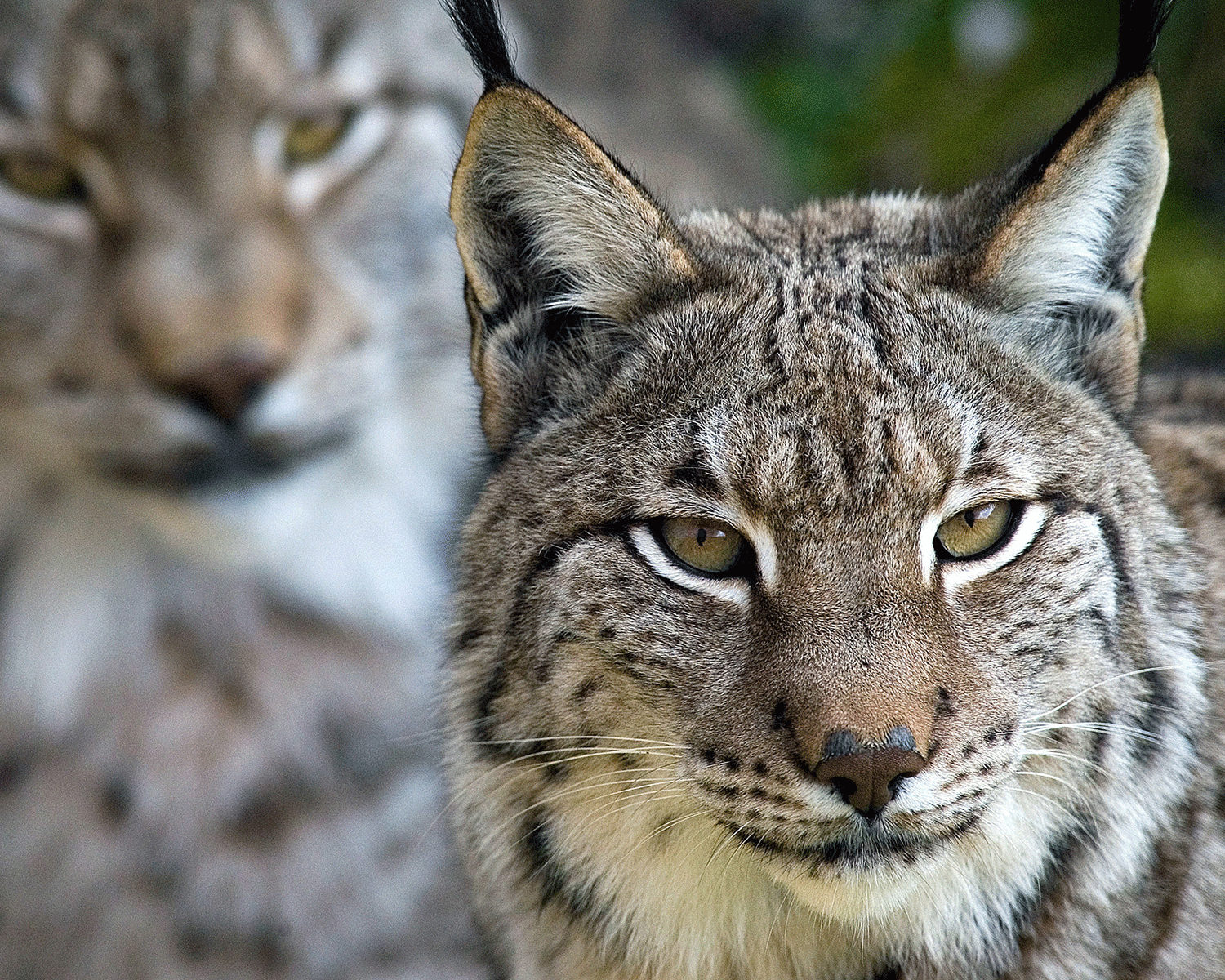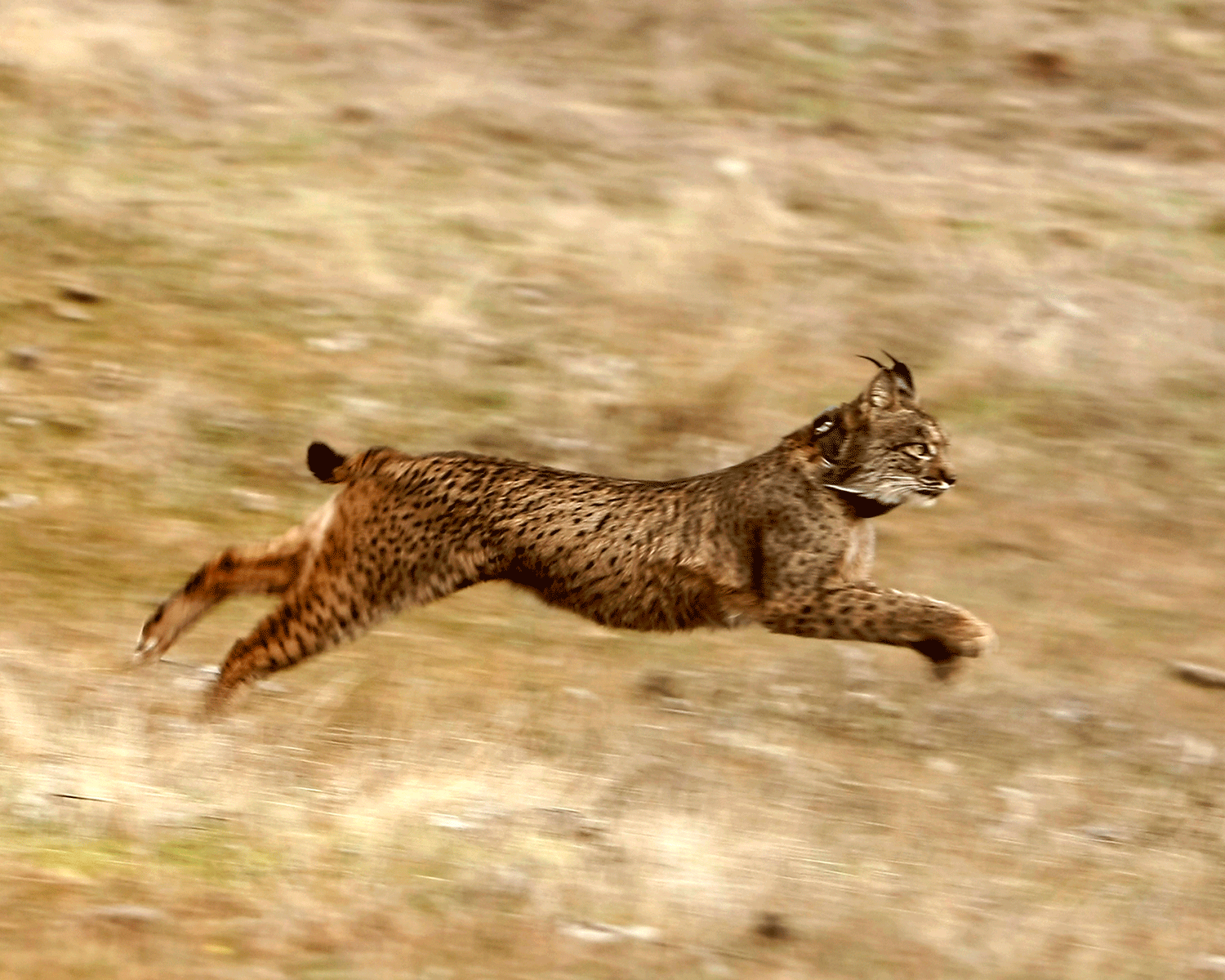Lynx may be reintroduced to UK after 1,000 years following success of Spain programme
There were only 25 wild females in Europe in 2002

Your support helps us to tell the story
From reproductive rights to climate change to Big Tech, The Independent is on the ground when the story is developing. Whether it's investigating the financials of Elon Musk's pro-Trump PAC or producing our latest documentary, 'The A Word', which shines a light on the American women fighting for reproductive rights, we know how important it is to parse out the facts from the messaging.
At such a critical moment in US history, we need reporters on the ground. Your donation allows us to keep sending journalists to speak to both sides of the story.
The Independent is trusted by Americans across the entire political spectrum. And unlike many other quality news outlets, we choose not to lock Americans out of our reporting and analysis with paywalls. We believe quality journalism should be available to everyone, paid for by those who can afford it.
Your support makes all the difference.Lynxes may be reintroduced to the UK after breeding programmes elsewhere in Europe have succeeded in saving the big cats from extinction.
The numbers of Iberian lynx, which historically lived in Portugal and Spain, have tripled over just 15 years following programmes which sought to reverse the effects of forest destruction in those countries.
From fewer than 100 cats and only 25 breeding females in early 2002, numbers had increased to some 400 cats, mostly in southern Spain, by the end of last year, according to the BBC.
There were also smaller new populations of the cats in the hills near Toledo in south western Spain and in southern Portugal.
Now the Lynx UK Trust is hoping to return the Iberian lynx, which is smaller and has darker spots than the European lynx, for the first time in more than 1,000 years.
The organisation is applying for licences to release cats brought over from Romania at unfenced sites in Cumbria, Norfolk, Northumberland, Argyll and Aberdeenshire for a five year trial period.

Dr Paul O'Donoghue, adviser to the International Union for Conservation of Nature cat specialist group, said the plans were "incredibly exciting."
"The Iberian lynx project has been incredibly successful and we hope to emulate that in the UK," he told the BBC.
But farmers have expressed concern in the past at the threat the lynx could pose to livestock and grouse.
A spokesman for the National Farmers' Union told the International Business Times: "We believe budgets are better focused on developing existing biodiversity."
Yet supporters of the project have said that lynxes will aid other conservation projects by keeping rabbit and deer numbers under control.
The Iberian lynx mostly eats rabbits, unlike the European lynx. Although they are as big as a large dog and have sharp claws and teeth, they are not a threat to humans.
Its numbers in southern Europe steadily dropped over the last two centuries when rabbits became diseased and cork forests, the cat's traditional habitat, began to be cut down.
Hunting and intensive agriculture in Britain during the medieval period, meanwhile, saw the European lynx disappear far sooner from the UK at about 1,000 years ago.
Subscribe to Independent Premium to bookmark this article
Want to bookmark your favourite articles and stories to read or reference later? Start your Independent Premium subscription today.
Join our commenting forum
Join thought-provoking conversations, follow other Independent readers and see their replies
Comments